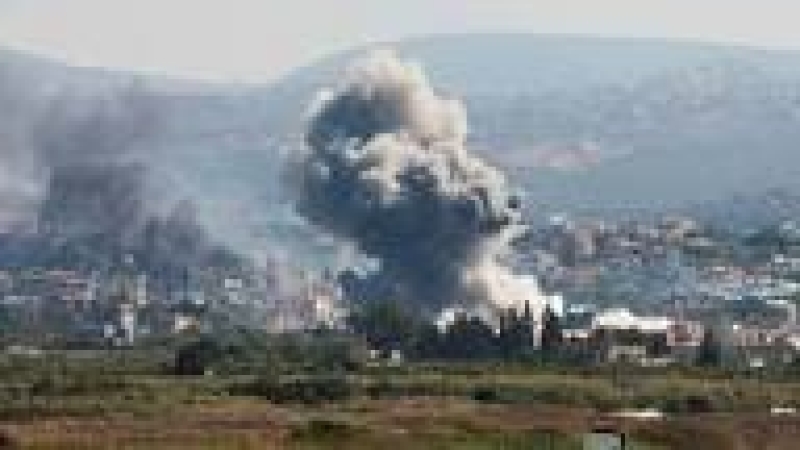- United States and Bangladesh Launch Money Laundering Bench Book |
- 6 BD peacekeepers killed, 8 hurt in attack on Sudan UN Base |
- Burglary at Hadi’s village home in Jhalokathi |
- Martyred Intellectuals Day on Sunday |
- Campaign from Jan to rein in overuse of antibiotics: Adviser |
100 Killed, 400 Injured in Israeli Strikes on Lebanon

Lebanon's health ministry reported that Israeli airstrikes in southern Lebanon on Monday resulted in at least 100 deaths and over 400 injuries, marking the deadliest day in nearly a year of escalating cross-border violence, according to AFP and BBC.
In a statement, the ministry highlighted that the casualties included "children, women, and paramedics," emphasizing the devastating impact on civilian communities.
In retaliation, Hezbollah launched a barrage of rockets into northern Israel, claiming responsibility for the attack in a public statement. The Israel Defense Forces (IDF) confirmed that at least 35 rockets were fired from Lebanon, with several striking designated areas.
A resident in the Lower Galilee region of Israel reported a minor shrapnel injury amidst the conflict.
Residents in southern Lebanon have been inundated with warnings via text and voice messages, urging them to avoid buildings associated with Hezbollah. The Lebanese information minister confirmed that his office also received one of these alarming notifications. Lebanon's state-owned telecom company, Ogero, reported over 80,000 such calls were attempted, with Ogero's head describing them as a form of "psychological warfare" aimed at instilling fear and chaos.
In response to the airstrikes, Hezbollah stated that it targeted Israeli military bases and logistical facilities using "dozens" of missiles. The IDF reported that while several rockets were intercepted by air defenses, some did strike open areas near the community of Ami'ad, adding to the tensions in the region.

